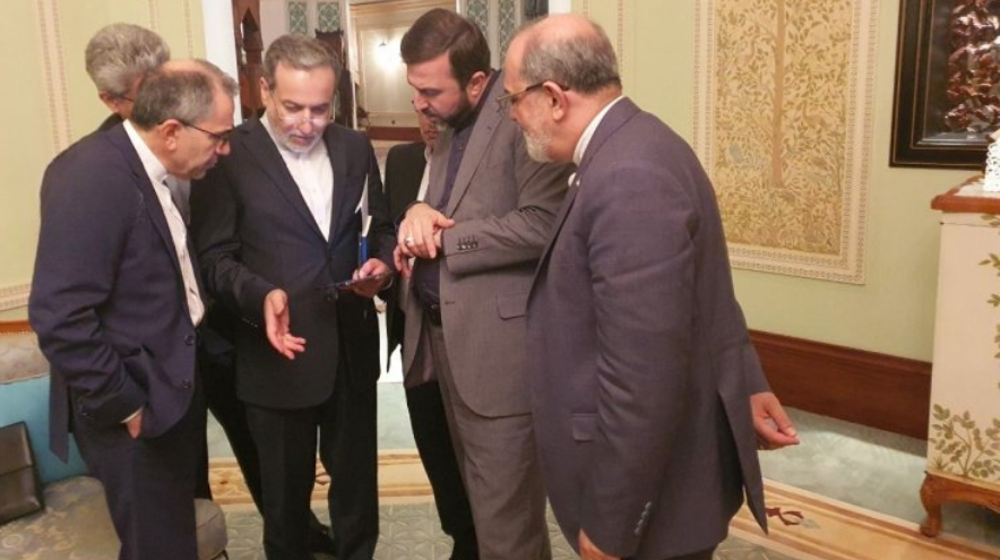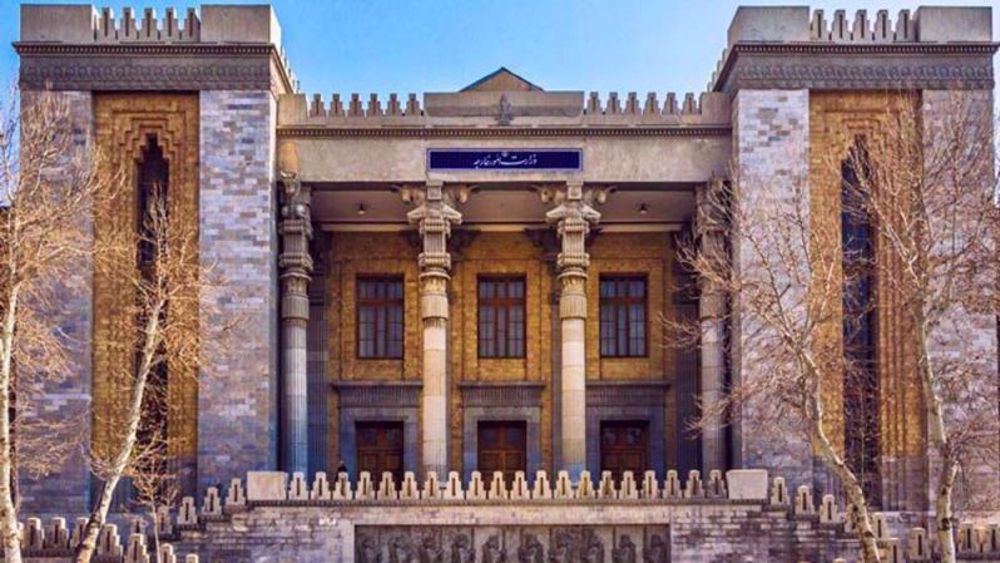Iran MPs mull triple-urgency motion on nuclear activities resumption
A member of the Iranian Parliament’s Presiding Board says the legislature is preparing a triple-urgency motion which would mandate the government to resume nuclear activities halted under a landmark agreement between Tehran and the group of six countries known as the P5+1.
The move is part of a response to the US Senate vote to extend the Iran Sanctions Act (ISA) for 10 years, Akbar Ranjbarzadeh told IRNA on Friday.
“The three-urgency motion on the resumption of nuclear activities has been drafted due to the urgency [required] to counter the US move,” he said.
He added that the motion consisted of a single article and five notes, saying that the double or triple urgency of the motion was still to be debated by the lawmakers.
The US Senate passed the ISA 99-0 on Thursday after it easily cleared the House of Representatives last month.
The ISA was first adopted in 1996 to punish investments in Iran over its nuclear program.
According to a White House official, US President Barack Obama is expected to sign the bill, which includes penalties against Iran's banking sector as well as its energy and defense industries.
Ranjbarzadeh further said the Iranian lawmakers sought to adopt "a fundamental and principled" measure proportionate to the blatant move by the US Congress.
“The US and its Congress are the ones who have acted in violation of international law and trampled upon it,” he added.
He emphasized that the motion calls for "the swift, comprehensive and complete" resumption of nuclear activities in Iran.
Ranjbarzadeh said Iran would "repeatedly and round the clock declare to the world through its diplomatic apparatus and media that it was Washington which initiated this illegal action and that we (Iran) had no option but retaliation."
He added that Iran’s approaches were "defensive and retaliatory" in nature.
The head of the Atomic Energy Organization of Iran, Ali Akbar Salehi, also said on Friday that the Islamic Republic was fully prepared to respond to the US Senate's decision to extend the ISA but would act wisely and with prudence.
Salehi emphasized that the US move was a “blatant violation” of last year's nuclear agreement, known as the Joint Comprehensive Plan of Action (JCPOA), signed between Iran and the P5+1 group of countries.
“This legislation (ISA) does already exist but it has been neutralized by the US president but, if it becomes operational again, it is a clear violation of the JCPOA," he added.
Iran and the five permanent members of the UN Security Council – the United States, France, Britain, China and Russia – plus Germany started to implement the JCPOA on January 16.
Under the JCPOA, Iran undertook to put limitations on its nuclear program in exchange for the removal of nuclear-related bans imposed against Tehran.

Iran’s enrichment ‘non-negotiable’, talks fruitless under pressure: FM

Iran summons Argentine envoy over accusations against top officials

Iran condemns Israeli war crimes in Gaza, West Bank
VIDEO | South Koreans push back on nuclear energy boost
Gaza death toll from Israel’s savagery passes 51,000 mark: Health ministry
Who is Mahdieh Esfandiari, Iranian academic jailed in France for pro-Palestine advocacy
Hamas urges ‘week-long global’ rallies to push end to Israel’s Gaza genocide
Tehran to host intl. conference on humanity, freedom centered on Leader's thoughts
‘The West as we knew it no longer exists’: European Commission’s chief
The case of Ahmad Manasra: How Israeli military courts target Palestinian children
Iran’s enrichment ‘non-negotiable’, talks fruitless under pressure: FM







 This makes it easy to access the Press TV website
This makes it easy to access the Press TV website